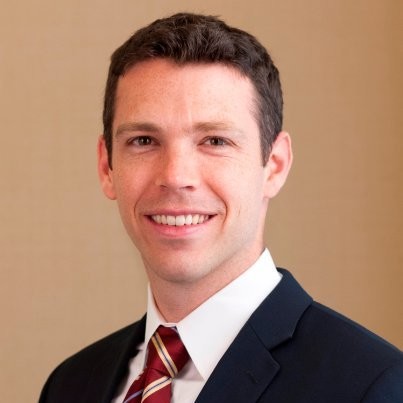Private markets the big winner: Casey Quirk
Active long-only strategies will continue to drive revenues for a majority of fund managers around the world for the next five years, despite the continued encroachment by index managers and fee compression in several markets, such as Australia. But the total fee issue is not a truly global phenomenon, according to Casey Quirk. Globally, asset owners are actually paying more and getting better returns.
In a recent study on the market for active management, Casey Quirk, the US-based global advisory and research firm specialising in asset management, shows that active equities will continue to be the main revenue producer for fund managers, on average.
However, private markets managers will get the most joy out of the next five years. By 2024, private markets are predicted to represent nearly one-third (32 per cent) of the average big asset owner’s portfolio, Casey Quirk says. This compares with 28 per cent last year.
Casey Quirk, a Deloitte company, predicts that private markets investment will grow by 7.9 per cent in revenue terms for its managers between 2019 and 2024, compared with “solutions” growing at a projected 4.5 per cent, fixed income at 4.5 per cent, passive at 3.9 per cent, hedge funds at 2.9 per cent and active equities at 1.5 per cent.
The revenue share attributable to active equities for the average fund manager will decline from 24 per cent to 21 per cent between 2019 and 2024. It’s still a lot, but it’s on the way down.
According to Tyler Cloherty, the New York-based head of Casey Quirk’s ‘Knowledge Center’, says: “Fee sensitivity is not universal. It is more obvious in highly regulated markets like Australia. It’s not a wholly global phenomenon.”
He said: “We do a large institutional investment study each year. We’ve found that big pension funds and other institutions, on an asset-weighted basis, are actually paying more [for funds management]. It’s counter-intuitive but, year over year, their aggregate fees [to all managers overall] have actually increased.”
At the same time, fees for long-only active equities managers were continuing to deteriorate at about 4.5 per cent a year, Cloherty said. “We’re projecting continued outflows in active equities. The magnitude and consistency of the managers’ performance are just not there.” It would seem that private markets and other higher-alpha strategies are more likely to enjoy the fruits of discontent with traditional active equities management than passive strategies will.
Casey Quirk’s annual projections for the funds management business globally take in multiple sources of information covering 29 countries, 32 asset classes and various distribution channels. The sources include direct contact with investors and managers plus specific surveys of institutional investors, advisors and banks.
“We don’t try to predict overall asset class performance,” Cloherty said. “We use an aggregate figure for each class which we get from large investment banks. It is clear [investors] have much higher expectations from their private markets exposures.”
Casey Quirk is expecting continued fee compression and a lot of investors seeking “alternative alpha”. There will also likely be more blending of product strategies or “cross-capital-type” funds.
One of the considerations impacting global aggregate trends compared with Australian trends is that many big pension funds in North America, the UK and Europe are still defined benefit (DB). More than 90 per cent of Australian super is in defined contribution – or ‘accumulation’ – funds, the highest proportion in the world. This means that those big DB schemes overseas are often in run-off mode and therefore reducing their equities exposures.
– G.B.











